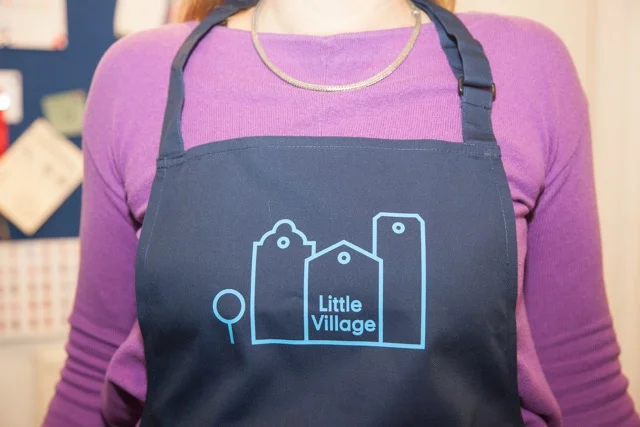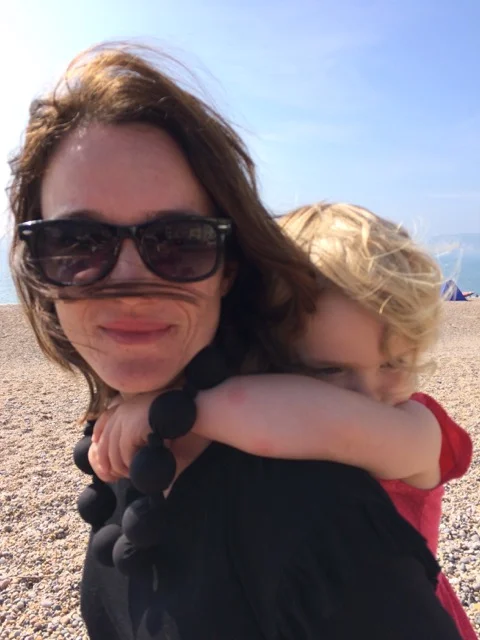#55 The Little Village Designer
I first met Sophia through her work with Joe Heapy, The Journey To The Interface in 2006 and have been following her with admiration since then. Over the last year, Sophia has been coaching me in my new role at Good Lab and I'm happy to share what she has to say here...
What’s the biggest lesson you’ve learnt over the last year?
Every week at Little Village we get feedback from the mums we help like ‘you made me feel special’ and ‘an amazing charity who gave me HOPE.’ I mention this not only because we are proud of this feedback, but also because it shocks me. We don’t do anything other than treating the women who come to see us with respect and dignity, trusting them to know what they need for their kids, and chatting to them about the challenges we all face as parents of small children.
I’ve trained as a coach this year with the Coaches Training Institute, and one of the core tenets of the CTI philosophy is that people are naturally resourceful, creative and whole. They’re on to something there. We are so good at placing constraints around what’s possible for people – they’re too poor, they’ve not got the right training, their kids are too small – and those constraints soon become self-fulfilling prophecies.
Instead, we should focus our energies on helping people to dream – to really understand what they want out of life. Simply having a clearer picture of what that might be is extraordinarily powerful – it can shape decisions and focus minds better than anything else I’ve seen. Seeing people in the light of what they could be at their fullest potential is joyful, and sometimes awe-inspiring.
I guess this perspective – that we should define people by what they have and what they could be, not what they lack or what they need – is one I’ve held for a long time, but this year I’ve felt it more viscerally than ever before.
What’s your burning question of the moment?
I have two. One, why aren’t we more angry about the poverty that’s right here on our doorsteps? Why did it take the awful tragedy of Grenfell Tower to galvanise that rage? The level of poverty in inner London is shameful and yet… it’s still here. Kids are still growing up in damp, rat-infested hovels owned by private landlords who are making money. The educational outcomes of poor children are shockingly lower than those from better-off backgrounds. How do we not get more angry about that? Why do we not do something about it?
Two, how can we help families share the burden of caring and working more equally? 10 years ago I wrote a Demos pamphlet about how families juggle roles, where I argued that heterosexual couples have to fight hard to maintain any semblance of equality between them once children arrive. In the families we studied who’d achieved some kind of equality, we found it was constant battle to maintain it. It required the couple to wage war against economic forces, social expectations and good old fashioned sexism. Now, I find myself in the middle of this battle and my goodness it’s hard. We need men being active at home just as much as we need equal pay in the workplace for women. My hunch is that job-shares and childcare co-ops are two pieces of the jigsaw – but this is going to need work at multiple levels, from gender identities, through to social policy, employment law and public service design.
What’s the most inspiring thing you’ve seen/ heard/ read in the last year?
One of the things I found hardest upon becoming a mother – I have 3 kids under 5 at the moment – is the total loss of my ‘hinterland’ – the rich tapestry of interesting plays I went to, books I read, films I watched – that gave me new ideas and fresh outlooks. Kids led to total sleep deprivation – I struggled to keep my eyes open in front of Countdown for a while – and no time or money to spend on this stuff.
All of which is a long excuse for why I don’t have a hundred things to share with you right now. That said, I just had a wonderful 48 child-free hours in the sun and I demolished Utopia for Realists. It really reminded me that we should never be content with sticking plasters. If a whole system is broken, by all means, try to patch it up a bit, but really focus your energies on fixing the system.
I also loved a talk I went to by Naomi Klein about her new book, No Is Not Enough. One of the things she argued – in keeping with what I say here – is that we need more science fiction that’s about utopias, not dystopias – we’ve forgotten how to dream, and if we don’t dream, we don’t hope; and if we don’t hope, we never take action. She’s very compelling in person.
What would be your one piece of advice to students out there?
Cultivate your hinterland and build your dreams. Really ask yourself – what does a good life look like for me? What would I feel like, what would the energy be, what impact would that have on the people around me? Live your life from here. You may not get there straight away, but the chances are that if you keep it in your sights, whatever first step you take will be in the right direction, and there will be many routes to getting there.
You can read the rest of our profiles here:
#53 The Collaboration Designer
#51 The Virtual Reality Designer
#49 The in-between Design Researcher
#46 The Ethical Fashion Designer
#44 The Designer of Communities
#37 The Thinking Clearly Designer
#34 The Designer of Vulnerability
#31 The Service Design TV Host
#28 The Human Interaction Designer
#26 The Design Writer and Doer
#23 The Behavioural Researcher
#21 The Local Government Designer


